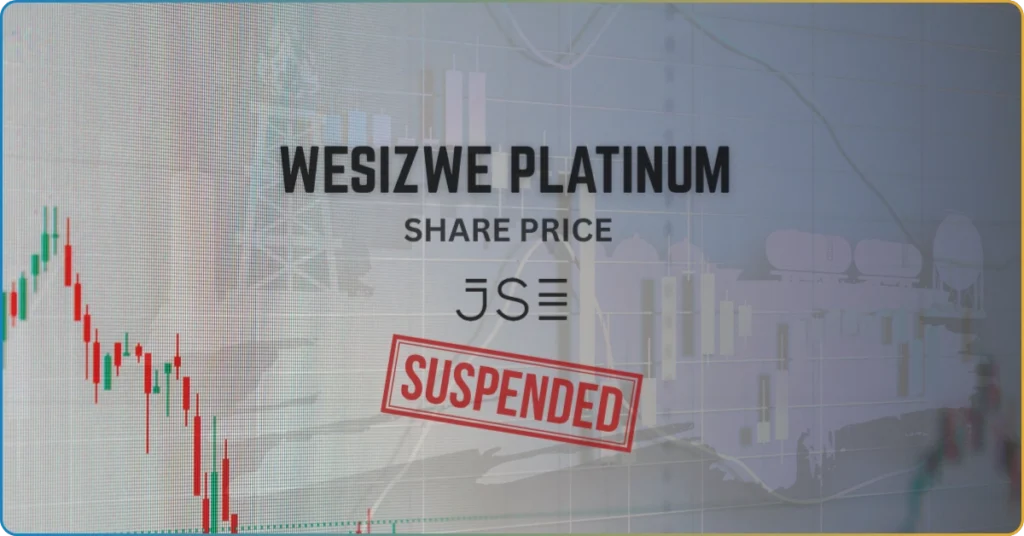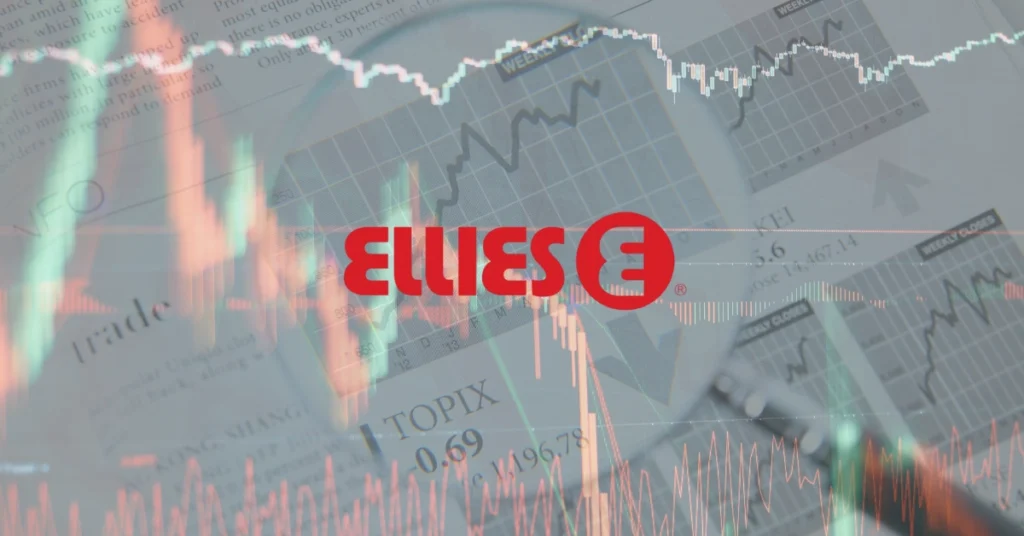Imagine you inherited billions of dollars from your tycoon father, and then you just lose that chunk of money by a sneaky way of manipulating the silver market.
Well, I guess generational wealth doesn’t live through the Hunt Brothers.
The moment they thought they could take full advantage of the market, then the government threw fists with regulatory shifts with them as the target.
How bad can it be if you think you could manipulate the economic environment in the 1980s?
Introducing the Hunt Brothers: Two Billionaires
The commodity histories are etched with the remarkable failure of the Hunt brothers’ silver story, particularly known as the “Silver Thursday” in 1980.
The story began when H.L. Hunt, from the wealthiest oil tycoon dynasty, died in 1974.
The father left his children billions. Just like every typical business dynasty, his two ambitious sons unexpectedly made a twisted turn that led them to defeat and economic catastrophe.
His sons — Herbert and Nelson, also known as the “Hunt Brothers” — were determined to dominate the silver market with their billion-dollar net worth.
They thought that the economic state in the late 1980’s would work in their favor.
How Does the Commodity Market Work in 1970-1980?
Dramatic Peak of Silver Price
During the late 1970s and early 1980s, the world experienced a sharp increase in commodity prices, particularly in silver.
In 1978, the cost of silver was just $5 USD/oz then it dramatically increased in 1980 to $50 USD/oz.
This was shocking news for the Hunt Brothers. Since they thought that silver was like a cousin of gold, the Hunt brothers’ scheme came to life.
Their hopes were too high, and they took immense risks just to secure more silver.
Read more: Silver Price in South Africa: Best Investments in 2024
Limitations of Regulations
The commodity crisis takes a toll in the 1970’s. The world faces scarcity and vulnerabilities.
The limited regulations from the Commodity Futures Trading Commission (CFTC) were concerning, as they have not taken effect in various jurisdictions and could lead to more proper restrictions.
How did the Hunt Brothers Manipulated the Silver Market?
Exploited Silver Commodity Price
As a result of price surge and other advantages from the limited restrictions of CFTC, the Hunt Brothers exploited silver.
It was a major concern, and the public eye really turned to them. Imagine they accumulated 70% of the world’s silver supplies. As they hoard silver, the global silver market faced a shortage.
To put it into an even more shocking context, that is about $4.5 billion worth of silver.
Securing Physical Silver as Future Contracts
This was all possible because they even went above the means of buying physical silver as future contracts. This means that they are even willing to spend their spare money or cash reserves to buy more silver in the future.
Leverage and Margin Calls
The Hunt Brothers, backed by their wealthy oil tycoon family, had easy access to borrowed money. Investors trusted them, so they were able to take out huge loans at low interest rates to fund their silver-buying spree.
They used leverage to buy more silver than they could actually afford. But when silver prices crashed, lenders issued margin calls, demanding more cash or collateral. The Hunts couldn’t keep up, which led to a financial collapse and shook the entire silver market.
What Happened to Hunt Brothers After Cornering the Silver Market?
Legal Intervention of Government
It was not only the downfall of the Hunt Brothers, which was at stake during this time, as the whole market crashed.
Consequently, the Government and CFTC stepped forward and imposed updated regulations.
They imposed limits and restricted individual purchases of silver future contracts.
Silver Prices Dramatically Drops
As a result of these new regulations, many investors sold silver. This causes the demand for silver to drop significantly.
The silver commodity price made a dramatic comeback at $10. This is lower than its price in the 1970’s.
Legal Counter for the Hunt Brothers
The trading practice of Hunt Brothers causes a certain commotion for the CTFC. It was unethical and considered market manipulation. They were sanctioned at $134 million.
This highlights the need for stronger market regulations to prevent such incidents from happening in the future of the commodity market.
Stay Updated on Commodity Market Regulatory and Updates
The commodity market is a dynamic state that is influenced by several economic factors.
The Hunt Brothers are just one example that we should consider when weighing the risks and possible consequences.
Therefore, the best counter to this is to practice awareness by joining a trading community. In CommuniTrade, market commodities are fine-tuned with daily updates, backup support, and insightful tips, helping you navigate the market industry effectively.
FAQ
What Does it Mean to Corner Silver Market?
To “corner” a market means acquiring enough control over a commodity. Silver, for example, plays a role in price manipulation.
The Hunt Brothers bought so much silver that they drove prices up, aiming to dominate supply and create artificial scarcity.
How are the Silver Market and USD Associated?
Silver is priced in US dollars, so any major movement in the dollar value can impact silver prices.
When the dollar weakens, investors often turn to silver as a hedge, increasing its demand and price.
Read more: TradersUnited – The US Dollar and Its Big Role in Online Trading
Final Take: How to Prevent Commodity Investment Failures?
The story of the Hunt Brothers market manipulation serves as a major lesson for investors. It reminds us that overleveraging and market control can backfire, leading to collapse—not just for individuals but for entire markets.
To avoid similar pitfalls, education, and risk management are key. That’s why platforms, like CommuniTrade, are game-changers. It’s a trading community built to equip both beginners and pros with tools, insights, and support to make smarter, safer decisions in commodity investing.

















